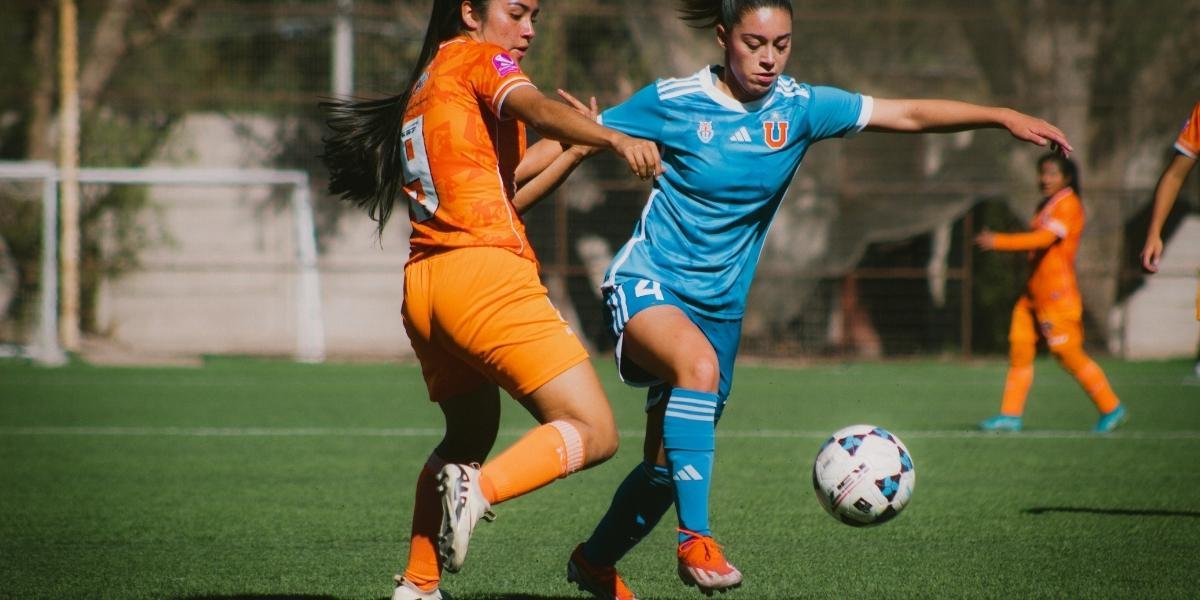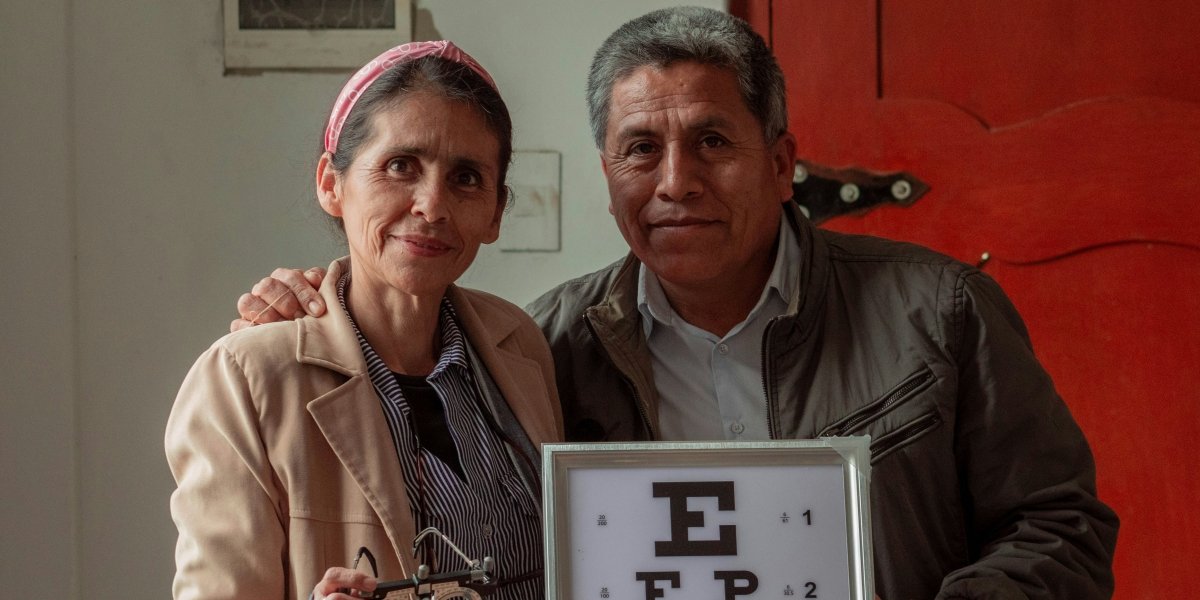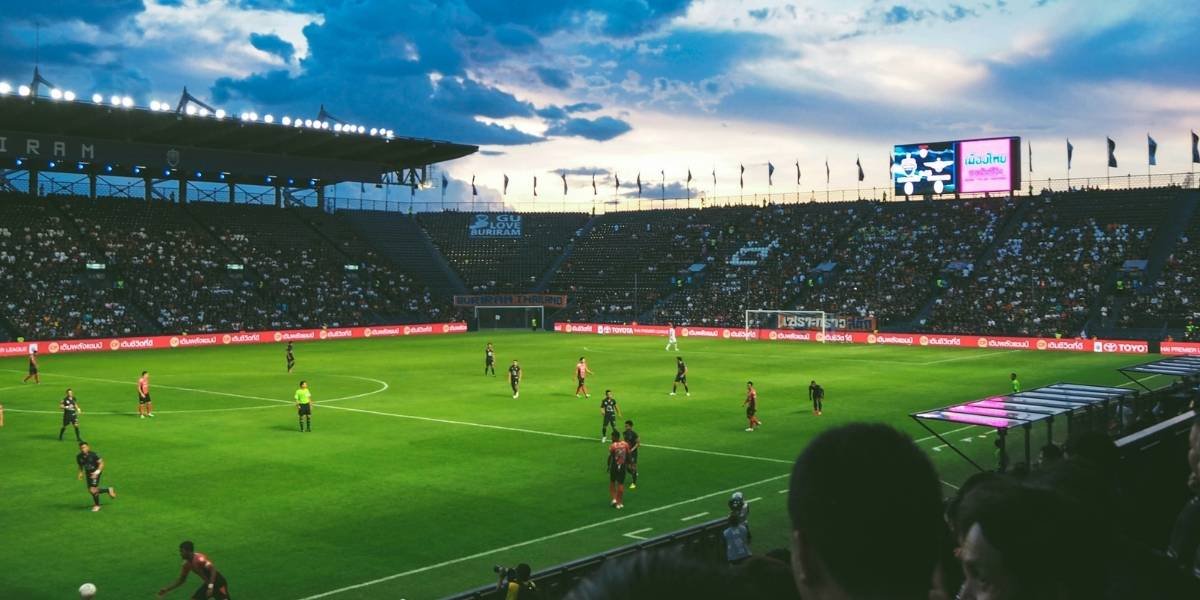Equality in sports is more than a principle, it’s a call to action. Across youth leagues, collegiate programs, and professional arenas, the question of who gets to play, lead, and be celebrated continues to shape the future of athletics. While progress has been made, many athletes still face barriers tied to race, gender, disability, and socioeconomic status. The push for equality in sports isn’t just about fairness, it’s about recognizing and amplifying the full spectrum of talent and passion that exists across communities.
For those who’ve felt sidelined or invisible in sports culture, the conversation around equality can feel overdue. Why do certain voices dominate broadcasts? Why do some athletes receive more sponsorships or media attention? These frustrations point to deeper structural issues that inclusive representation aims to address.
Visibility Drives Change
Visibility in sports isn’t just about who’s on the field, it’s about who gets remembered, funded, and uplifted. When coverage consistently highlights athletes from similar backgrounds, it sends a message about whose achievements matter. This can discourage participation among underrepresented groups, especially when they don’t see themselves reflected in leadership roles, commentary, or promotional campaigns.
Inclusive representation helps shift that narrative. By showcasing athletes from diverse backgrounds, sports organizations challenge stereotypes and broaden public understanding of what excellence looks like. Whether it’s a para-athlete breaking records or a young player from a rural community making waves, their stories deserve space.
Media plays a major role here. When broadcasters and journalists prioritize inclusive storytelling, they help normalize diversity in sports. This influences fan engagement, sponsorship decisions, and even policy reform, creating ripple effects that benefit athletes and audiences alike.
Access Is the Foundation of Equality
Equality in sports begins with access. If certain groups don’t have the same opportunities to train, compete, or receive mentorship, their chances of reaching elite levels are limited. This isn’t just about personal ambition, it’s often tied to systemic factors like funding, geography, and institutional bias.
Public and private programs that invest in underserved communities can help close these gaps. Scholarships, equipment, and coaching make it possible for more athletes to pursue their goals. These efforts don’t just benefit individuals, they strengthen the overall quality and diversity of sports.
Inclusive representation also means rethinking how talent is scouted and developed. Traditional pipelines often favor athletes from well-resourced schools or clubs, leaving others overlooked. Expanding recruitment efforts to include nontraditional spaces uncovers talent that might otherwise go unnoticed, enhancing competition and fairness.
Leadership Shapes the Game
Equality in sports isn’t just about who plays, it’s about who makes decisions. Coaches, executives, and governing bodies hold significant influence over policies, funding, and culture. When these roles are dominated by a narrow group, it can lead to blind spots in how sports are managed and promoted.
Inclusive representation in leadership ensures that different viewpoints are considered. This leads to more equitable policies, better support systems, and stronger connections with diverse fan bases. It also sends a message to aspiring athletes that their voices matter beyond the field or court.
Some organizations have begun implementing diversity benchmarks for hiring and promotion, aiming to create more balanced leadership teams. While these efforts are still evolving, they reflect a growing recognition that representation at the top is just as important as representation on the field.
Cultural Impact and Community Connection
Sports have always been a powerful cultural force. They shape identity, build community, and influence social norms. When inclusive representation is prioritized, sports become a platform for broader social change. Athletes who speak out about inequality often inspire conversations that go beyond the game, encouraging fans and institutions to reflect on their own biases.

Community-based sports programs also play a key role in promoting equality. By creating inclusive environments where everyone feels welcome, they help build confidence and connection. These spaces often serve as entry points for lifelong engagement with sports, whether as players, coaches, or fans.
Inclusive representation isn’t just about numbers, it’s about meaningful participation. It’s about ensuring that athletes from all backgrounds have the chance to compete, lead, and shape the culture of sports. And it’s about acknowledging that equality isn’t a destination, it’s an ongoing process that requires attention, effort, and accountability.
Policy, Advocacy, and the Role of Institutions
Institutional support is critical to advancing equality in sports. Governing bodies, leagues, and educational institutions must take active steps to dismantle barriers and promote inclusive practices. This includes reviewing eligibility rules, funding models, and disciplinary procedures to ensure they don’t disproportionately impact marginalized groups.
Advocacy also plays a role. Athletes, coaches, and fans have increasingly used their platforms to call out injustice and demand reform. From grassroots movements to high-profile campaigns, these efforts have helped shift public discourse and pressure institutions to act.
Policies that promote gender equity, disability inclusion, and racial justice are essential. But they must be backed by accountability measures, regular audits, transparent reporting, and community engagement. Without these, even well-intentioned initiatives risk becoming symbolic rather than transformative.
Toward a More Inclusive Sports Culture
Equality in sports is a call to rethink who gets to be seen, supported, and celebrated. It challenges long-standing assumptions and opens the door to broader participation. While change can be slow, the momentum is building, from grassroots programs to professional leagues, more voices are joining the conversation.
For those who’ve felt excluded or overlooked, the push for equality offers hope and validation. It’s a reminder that athletic talent and passion exist everywhere, and that the game is stronger when everyone has a chance to play. By expanding access, diversifying leadership, and amplifying underrepresented stories, sports can become a more inclusive space, one that reflects the full range of human potential.







